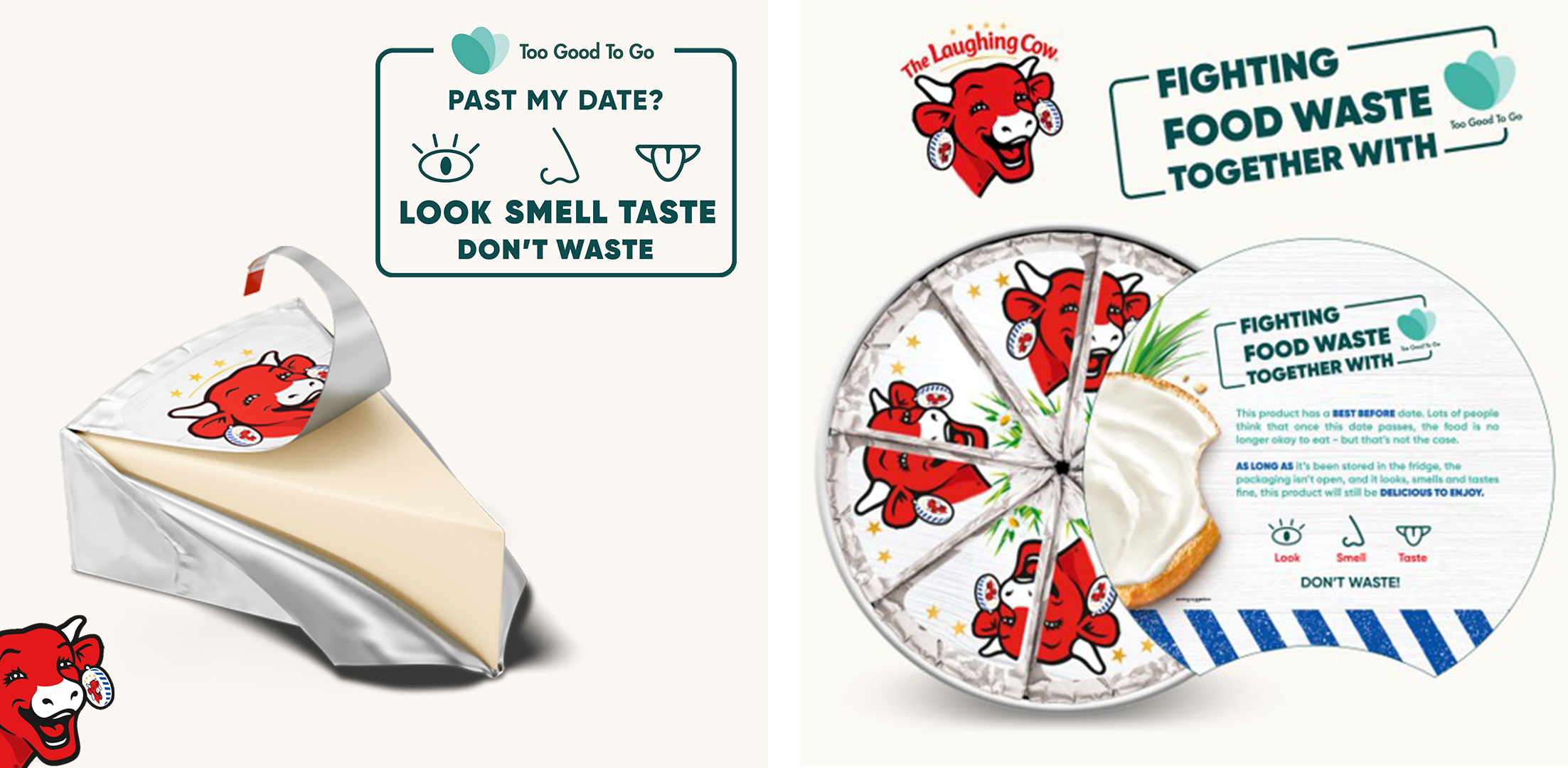Fighting food waste is a critical problem in our society and an ethical imperative as it has social, economic and environmental impact. Each year 1/3 of food produced is never eaten, representing a cost to the global economy of USD $940 billion and 3.3 billion tons of greenhouse gases released into the planet’s atmosphere. Paradoxically, some 815 million people suffer from hunger in the world.
This should concern all of us because food waste reduction offers multi-faceted wins for people and planet such as improving food security, addressing climate change, saving money and reducing pressures on land, water, biodiversity and waste management systems. Reducing food waste impacts directly the entire food chain that was mobilized: from the farmers who have grown and cared for the land all year long through those who assembled, packaged, distributed or shelved food to the citizens who eat the final products.
Fighting against food waste with concrete solutions
As an actor committed to healthier and responsible food for all, Bel is working with determination to fight against food waste, not only in our factories but at each stage of our value chain. This is why Bel is collaborating with its entire ecosystem from farm to fork. Because an impactful positive change can only come through collective action, Bel is especially part of the Food Waste Coalition of Action from The Consumer Goods Forum since 2019.
One of our major assets in the fight against food waste is the single-serving portion, which has been the signature of the Bel Group for over 150 years. Offering portioned products, our specificity, fully contributes to this mission: it is what allows us to offer our consumers the right amount and therefore reduce food waste.
On the farm, we care about collecting the milk for our cheeses locally and regularly (at least every 3 days) to limit the time between harvesting and processing as the milk is a fragile, perishable ingredient. All the milk produced is collected, even when there are production surpluses.
On our production sites, we strive to minimize waste and use all the components of the milk collected. 99% of the by-products from cheese production, such as cream and whey, are recycled by being used in the composition of other recipes based on a circular economy with no waste. Overall, 99.9% of Bel products are sold or donated to associations.
A matter of citizenship
We act from the farm to the factory, but our responsibility does not end there. We have iconic brands that are known and appreciated by everyone. It is through them that we have chosen to empower citizens to take actions against food waste. One of the concrete explanations behind food waste is the confusion of consumers around date labels as they are responsible for over 20 % of food waste at consumer level
In mid-2019, Bel joined the Too Good To Go Pact on Consumer Dates with an action-oriented mindset. Alongside manufacturers, distributors and associations, we have built 10 concrete commitments: consumer information and awareness, promotion of products excluded from sales channels, optimization of the distribution pathway… Solutions to be deployed throughout our value chain, and with some 50 players in our sector to drive significant change & reduce waste efficiently in the food industry.
In March 2020, BEL was one of the first companies to commit themselves with Too Good To Go through one of its emblematic brands – The Laughing Cow: a mention on the packaging and an educational communication is now slipped into the round boxes to explain what a Best before date is and to encourage citizens to trust their senses “Look. Smell. Taste. Don’t Waste”
In 2021, Bel is expanding this movement to several other countries in Europe as well as other brands to raise consumers’ awareness of the Best before date and to prevent products that are still good from being thrown away.
This commitment to fight against food waste starts also with engaging our 12,500 employees who are proud to be part of our Bel family group . As part of 2020 World Food Day, Bel invited all its employees to discover concrete ways to fight against food waste and encouraged them to spread the word through their own network of family and friends to have more impact.
Because every action counts, this collective fight against food waste is in the end a matter of citizenship.

